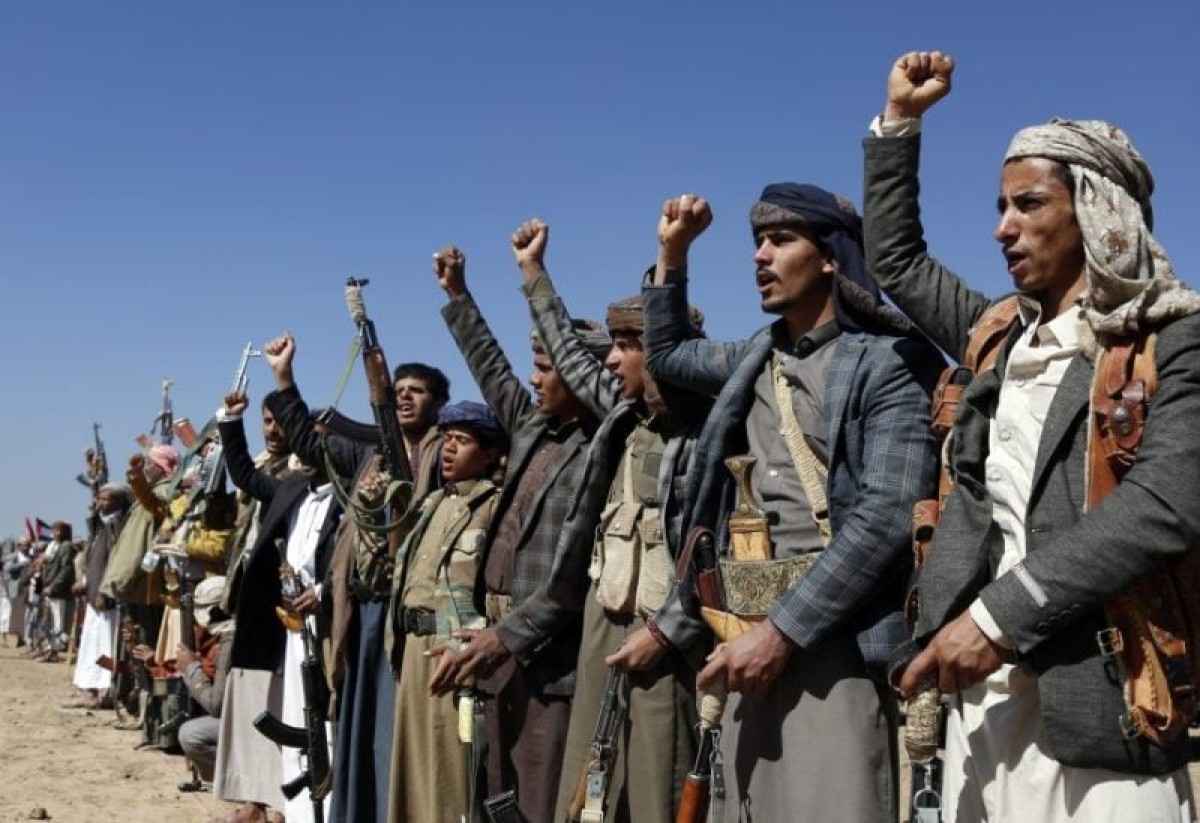Saudi newspaper: Leaks about the Houthis approaching forming a mini-government


About 9 months after Houthi leader Abdul-Malik al-Houthi announced the dismissal of the government that no one recognizes, and promised to make radical changes, political sources in Sanaa said that the coup group would announce within a week the formation of a mini-government that would include 17 ministerial portfolios headed by one of the leaders. Associated with the wing of the Popular Congress Party.
The sources confirmed to Asharq Al-Awsat that after the decline in talk about the changes promised by the Houthi leader for a long time, talk has returned strongly over the past two days about the imminent announcement of a mini-government of 17 ministries after merging a number of ministries.
According to the sources, the Ministry of Expatriates will be merged with the Ministry of Foreign Affairs, Culture and Tourism with the Media, vocational education will also be merged with higher education, and the Ministry of Planning and International Cooperation will be abolished after all its powers have been transferred to the so-called Supreme Council for Humanitarian Affairs.
The sources did not reveal the identity of the “Congress” leader who will assume the presidency of the government, and only said that he comes from the southern governorates. At a time when residents in the areas under the group’s control doubt the possibility of real radical changes in the performance of the coup authority.
Amin, a party activist in Sanaa, says: “If there are truly radical changes, they will not pass peacefully, but will cost casualties, and there will be the use of force among the wings that make up the group; Because the target group of these changes, as it is understood, among the people has strong influence within institutions, and possesses military power. It will defend its interests, and will not simply surrender.
Amin adds: “The population under the control of the Houthis suffers from severe poverty, the burden of corruption, and security repression, while the group’s leader ignores this tragic reality, and continues to make promises that ultimately end in satisfying the wings conflicting over money and influence, and moves towards escalation in the Red Sea and the recruitment of teenagers.” ; Because that will enable him to suppress people easily.”
Absorbing resentment
Munir, a pseudonym for another politician in one of the parties controlled by the group in Sanaa, points out that the talk about starting what are called “radical changes” is aimed at absorbing popular resentment, as the living situation of the people has reached a stage of misery that the country has not known since the overthrow of the Imamate regime.
Munir expected that a government devoid of powers would be formed, as was the government of Abdulaziz bin Habtoor, because the actual authority is held by Houthi leaders who hail from Saada Governorate, such as Ahmed Hamed, director of the coup’s Governing Council office, Muhammad al-Houthi, a member of the Governing Council, and the prominent military commander Yahya al-Razami, who controls The southern part of Sanaa.
Munir confirms that the population in the Houthi areas lives under a system of government that is an exact copy of the Imamate system. All officials in it do not have any powers, and each wing has its followers and interests that do not conflict with the interests of the other wing, and the final word rests with the office of Abdul Malik Al Houthi in Saada, and not all people are able to reach the office to seek redress from it.
The Yemeni politician says that those who have been oppressed and have financial means are looking for a tribal leader loyal to the Houthi group or one of its leaders or supervisors, and they are paid millions of riyals to transfer their complaints to the Houthi office and return under his direction. Because Al-Houthi is keen to satisfy the notables of the tribes affiliated with him, to ensure the continued control of the situation in their areas, to recruit fighters, and to collect multi-named levies.